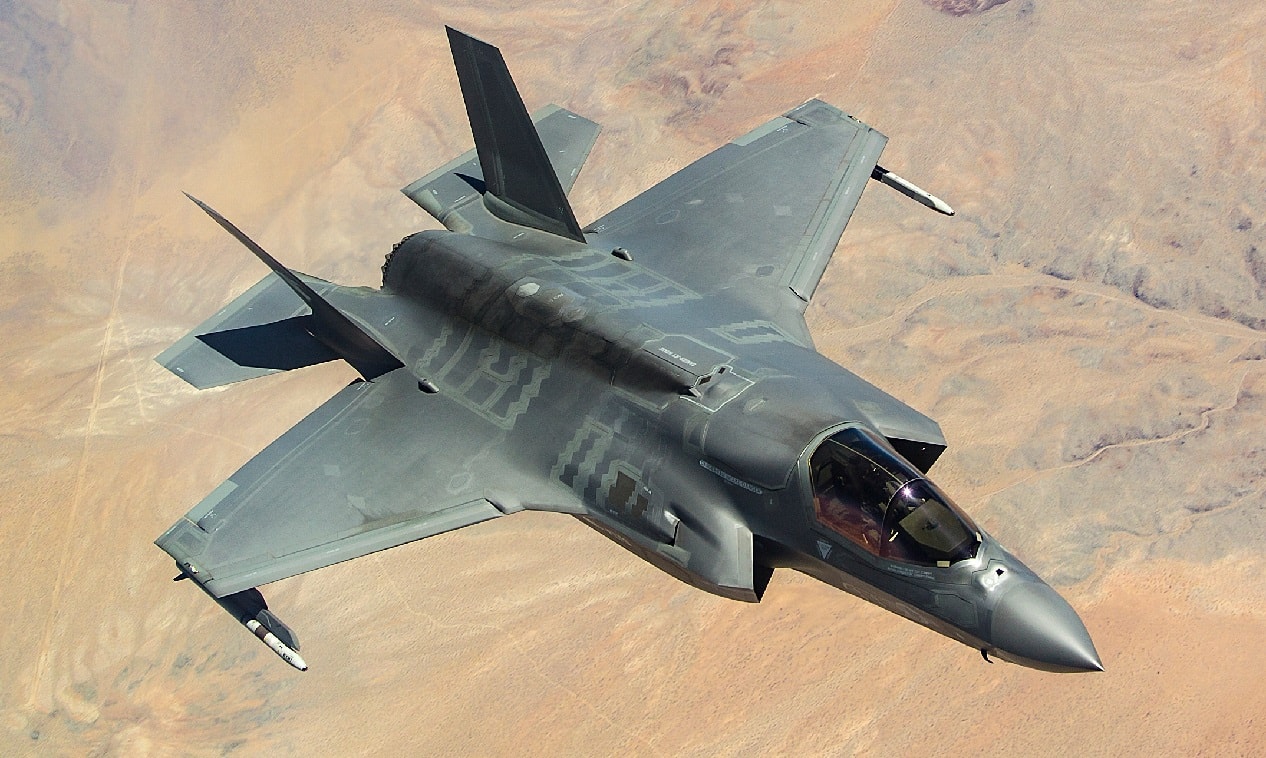Last month, the Biden administration released its Global Posture Review, billed as an assessment of how the U.S. should “best allocate military forces in pursuit of national interests.”
Unfortunately, “released” is an overstatement. What the Administration provided was a 500-word overview of the review’s general conclusions rather than the review itself.
The overview offered the public assurances that the military’s posture was either already appropriate or would be enhanced a bit—a squadron of helicopters here and a new task force command element there—so as to “strengthen posture decision-making processes, improve DoD’s global response capability, and inform the draft of the next National Defense Strategy.” Among the initiatives cited were the permanent stationing of what had been a rotational attack helicopter squadron in South Korea, two new headquarters elements totaling 500 soldiers in Germany, the continuation of various support activities to allies and partners undertaken by the Trump administration, and the initiation of additional reviews of U.S. requirements in the Middle East, Africa, and the Americas.
Bluntly stated, this was largely a review of reviews that recommended more reviews. Hardly reassuring.
As would be expected, the review emphasized the importance of allies and improving the abilities of good guys to deter the troublesome behavior of bad guys. But it offered no specifics on any substantive change to U.S. capabilities or capacity for military operations. In fact, the review largely concluded that the U.S. force posture is just right.
This does not jibe with repeated warnings from this same administration about the pace at which our adversaries are improving their forces, including the introduction of hypersonic missiles, fleets of unmanned drone attack aircraft, China’s breathtaking expansion of its naval fleet and tripling of its nuclear missiles, an Iran pushing toward nuclear weapon-grade uranium enrichment, and, lest we forget, security wormholes like Afghanistan and Syria.
Biden’s national security team was once hailed for its deep expertise and experience in defense affairs. After nearly a year in office, one would expect them to have had said much more in an expansive review meant to inform the anticipated National Defense Strategy. Then again, as reported by Breaking Defense, a senior defense official speaking about the Global Posture Review said, “In the first year of an administration, it’s not the time when we would develop a major strategic level change to our posture.” Or it is possible that America’s security footprint, refined by successful presidential administrations, is about right.
Ahem.
Despite the modesty of its contents, the overview was released with great fanfare. But the community that tracks such things was disheartened if not outright dismayed.
Former Defense official Dov Zacheim charitably characterized it as “disappointing,” commenting that it was “more a source of confusion than of enlightenment.”
The Wall Street Journal’s editorial board noted that the “10-month study reflects little strategic urgency about growing global threats.” They also made the acerbic observation that “Military planning in recent decades has increasingly become the purview of risk-averse academics and bureaucrats, and a new Pentagon study shows the result.”
Other analysts and national security pundits variously commented on the lack of connection between the Administration’s narrative regarding the importance of both the Indo-Pacific to America’s interests and any meaningful measures to be taken to improve the U.S. posture in that region…other than the obligatory statements about improving relations with like-minded nations.
The Biden administration is facing a quickly deteriorating global situation, with potential crises on the near horizon. Russia is reportedly poised to mobilize upwards of 175,000 troops for an invasion of Ukraine. That incursion may not proceed, but at the very least President Vladimir Putin is flexing his military muscle in this way to shape Western political calculations.
Meanwhile, China has been aggressively probing the air and sea spaces surrounding Taiwan, sending a clear message that it is irrevocably committed to bringing Taiwan under Beijing’s control sooner rather than later. And the Biden team seems quite desperate to secure any sort of agreement with Iran in its quest to resurrect the deeply flawed Iranian nuclear deal.
As published, the Global Posture Review is the quintessential nothingburger. The nation not only deserves better, it must have better. Here’s hoping the National Defense Strategy calls urgently for something more than action to combat climate change. As the world’s largest carbon emitter, China doesn’t give a hoot about such, and one suspects Putin, the mullahs in Tehran, and the Kim regime don’t much care either. They are far more focused on expanding and modernizing their militaries and destabilizing the regions they wish to bring firmly under their control.
What the U.S. actually needs from the president and his defense secretary are real-world, no-holds-barred assessments of what it would take to deter potential enemies and defeat them if necessary. The American public deserves a full and honest report about where we stand in that regard. Anything less is an abrogation of the most profound responsibilities laid upon those high offices.
Dakota Wood is the senior research fellow for defense programs at The Heritage Foundation’s Center for National Defense. Wood’s research and writing focus on programs, capabilities, operational concepts, and strategies of the U.S. Department of Defense and military services to assess their utility in ensuring the United States has the ability to protect and promote its critical national security interests. Mr. Wood originated and serves as the editor for Heritage’s “Index of U.S. Military Strength,” the only annual assessment available to the public of the status of America’s military and its ability to carry out its core functions.

